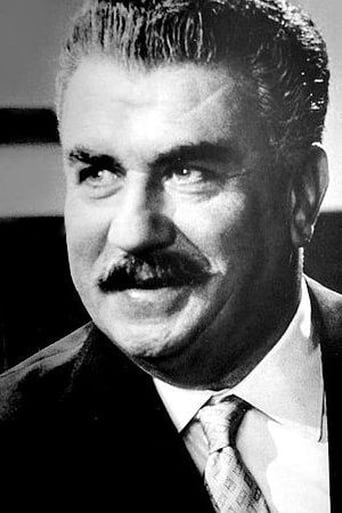Sarita Rafferty
There are moments that feel comical, some horrific, and some downright inspiring but the tonal shifts hardly matter as the end results come to a film that's perfect for this time.
dbdumonteil
Frou -Frou is a character who inspired many movies ,from the silent era to Richard Thorpe 's 'the toy wife" (1938) to "the Aristocats " in which the elegant mare bears this name .By and large,the screenplays based on this hussy feature different supporting characters.Four idle bourgeois (including Louis De Funès,but his fans must know he is not given a single chance to shine)play the occasional Pygmalions and launch a young flower girl's career as a Chanteuse.From a Russian prince ,driven away from his land by the 1917 revolution to a wealthy banker,the music hall Chanteuse becomes a socialite .This is a fairly discouraging effort: the deluxe treatment (wide screen and color,extremely rare in France in 1955) does not delude for long.An excellent cast (Dany Robin and Philippe Lemaire ,two of the most famous romantic leads of the era) is completely wasted .The movie consists of long flashbacks with occasional returns to the present when an aging Frou Frou warns her only daughter (Isabelle Pia)of the dangers of life:it is about time! In this desultory tale , the director did not seem to make up his mind: comedy or melodrama?The only relatively interesting character,the painter , played by talented Lemaire ,could provide the movie with good ideas: he appears masked ,in a society he despises ,then dressed up as a pirate ,but the poor directing does not help him at all and he's forced to overact."Frou Frou 1955" is a poor man's "Lola Montès" ;both were released the same year and both were written by Cecil Saint -Laurent;but a great director makes the difference :Max Ophuls' opus is considered a classic whereas Augusto Genina's effort is a dud.The Office Catholique Du Cinema blamed the music hall scenes which featured topless women:what else could they do? Today,only the main musical theme ,the "Frou Frou " waltz ,has survived and is sometimes played in Thés Dansants or wedding banquets





